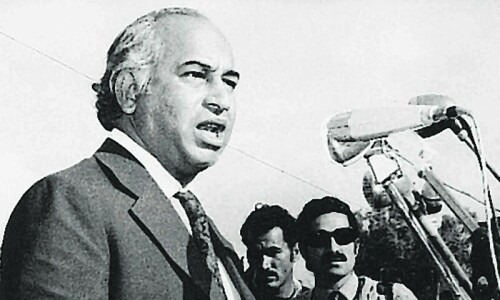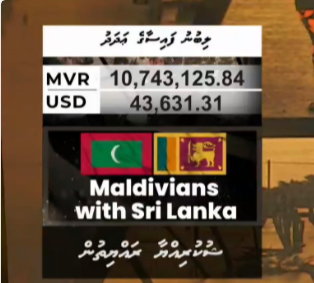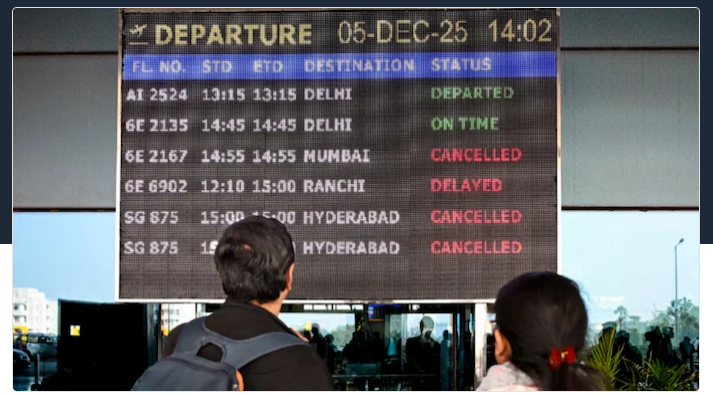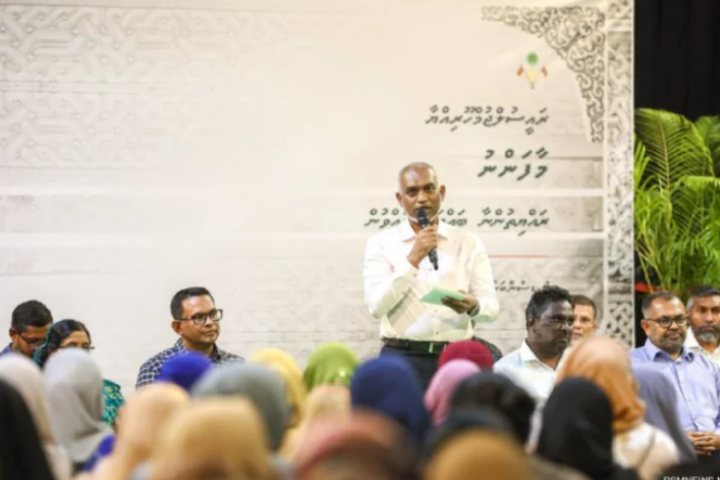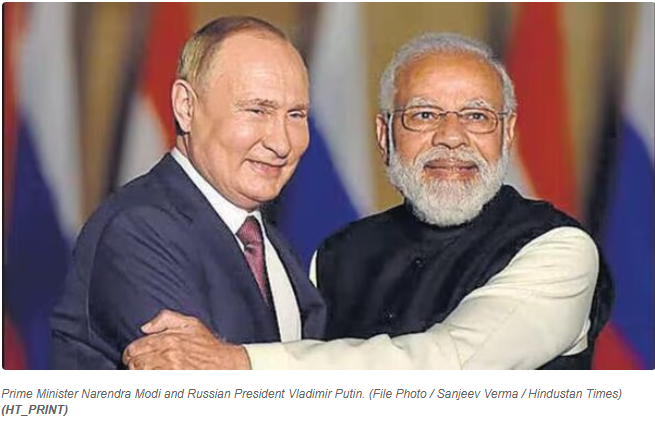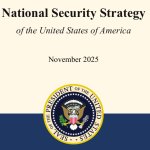ISLAMABAD — More than four decades after former prime minister Zulfikar Ali Bhutto was hanged after a controversial murder trial, Pakistan’s Supreme Court acknowledged on Wednesday that the legal proceedings against him were flawed and lacked due process.
In a long-awaited pronouncement, Chief Justice Qazi Faez Isa said the trial at the Lahore High Court and appeals process failed to meet fair trial standards guaranteed by the constitution. The court was giving an opinion on a presidential reference questioning the possibility of revisiting Bhutto’s 1979 conviction and execution.
“The trial proceedings … did not meet the standards of a fair trial and due process,” Isa told a nine-judge bench considering the reference filed in 2011.
Bhutto, the charismatic founder of the Pakistan Peoples Party, was ousted in a military coup in 1977 and convicted two years later of authorizing the murder of a political opponent. His execution in 1979 sparked protests and decades of controversy over the military trial’s fairness.
On Wednesday, Bhutto’s grandson Bilawal Bhutto Zardari, now heading the PPP, called the court’s decision “historic” and said the party looked forward to the detailed judgment. Analysts described the ruling as an extraordinary acknowledgment by Pakistan’s top court of a past miscarriage of justice, even if it cannot overturn the finalized verdict.
While unable to reverse Bhutto’s conviction, the Supreme Court stressed the importance of impartial justice and accountability said current prime minister, Shehbaz Sharif of the PML-N party.
